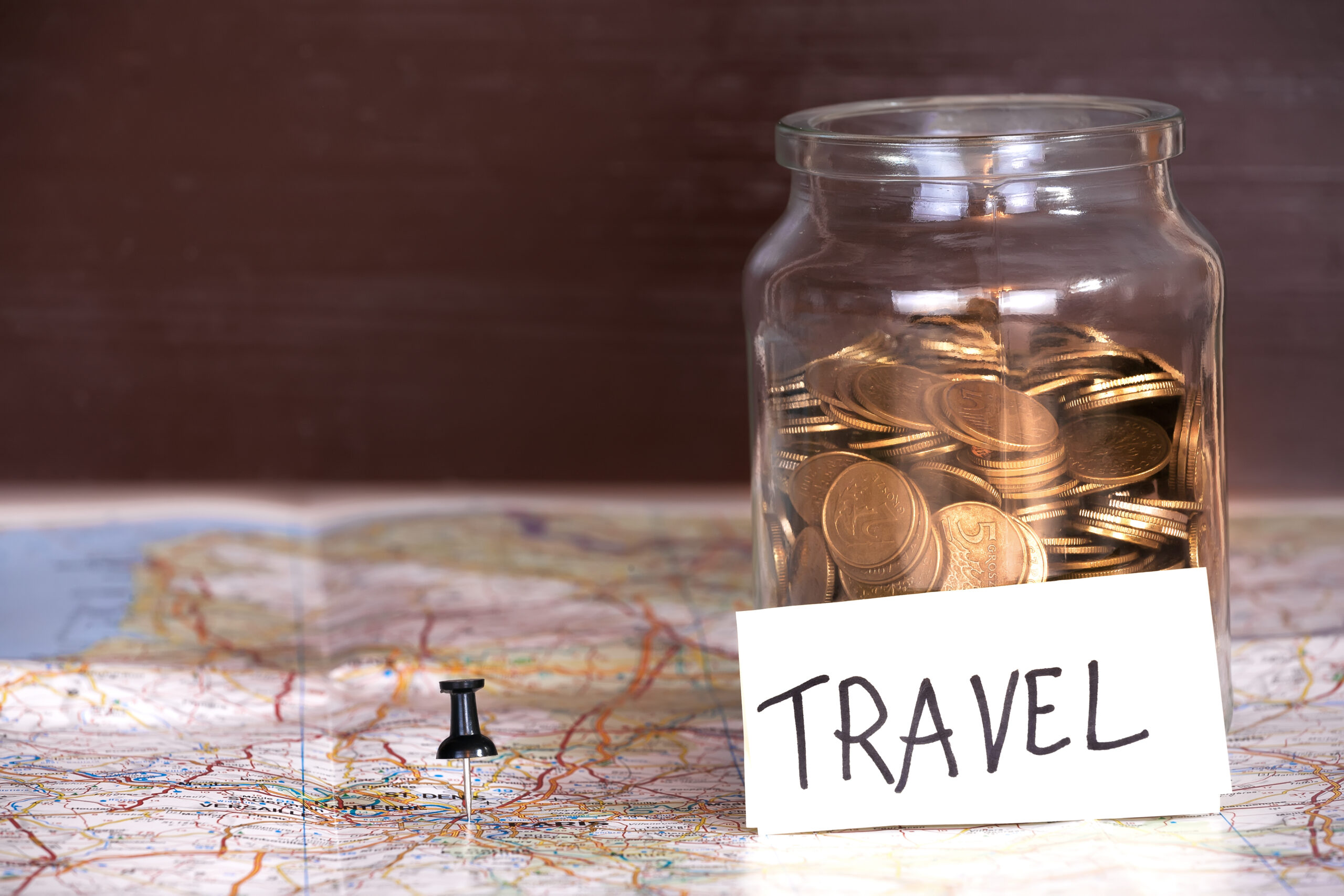
It is very easy to go overboard with spending while traveling. So many things to do, see and try, and all of it costs some money. However, let me tell you one thing, it doesn't have to be expensive! If you plan your trip well and look out for unexpected expenses then staying -within your budget is not such a complicated task as one might think. This is why I am here and will give you some useful tips and unexpected expenses examples that you can keep in mind to avoid surprises in your wallet or account. Additionally, I will tell you more about travel apps and other services that will help plan cheap travel, but first things first.
What are travel expenses?
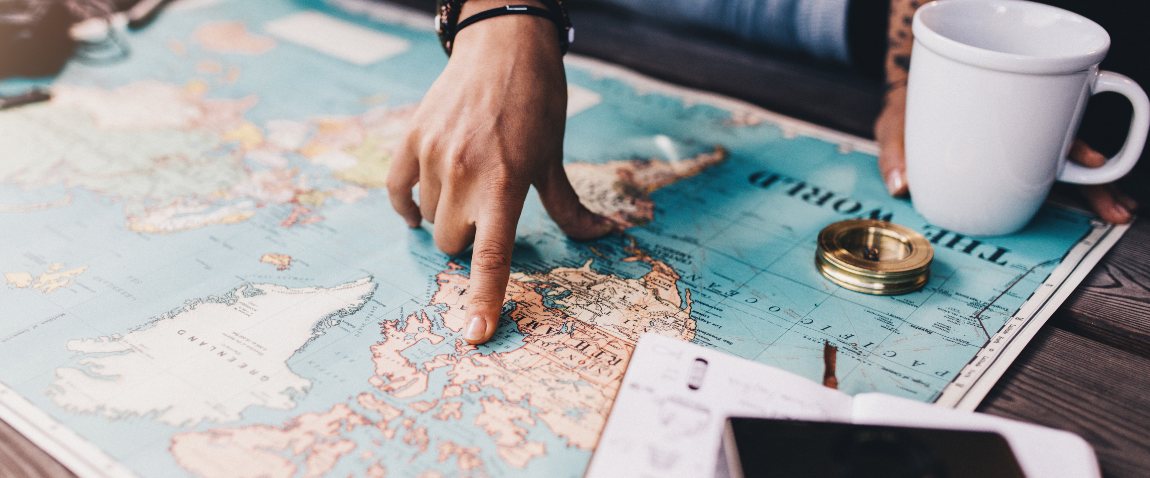
You will ask me why I am telling this here, it is quite obvious, isn't it? It's everything you spend on your trips. However, for the sake of clarity, I have to point out the difference between the term "travel expenses" for an everyday tourist vs. a person traveling for work. In many countries' tax policies, "travel expenses" mean everything that ensures the basic needs during your travel - hotel, accommodation, insurance, travel, and other business-related activities. However, such business travel expenses do not cover souvenirs and other personal purchases. The amount in allowed expenses and costs are often generated through automatic travel expense calculators from a governmental institution or a company. And now when we know the difference between these two notions, let's continue talking more about the general understanding of these words. Meaning, this article will NOT specifically address avoiding business travel expenses.
What are the unexpected expenses examples, and how to avoid them?
In the following paragraphs, you will find out some of the most common unexpected expenses that occur during trips. Keep in mind that all of them aren't always avoidable, but if you have done your research, you will save yourself some trouble and unwanted stress related to suddenly not having enough money for the remaining parts of the trip. So let's cut to the chase.
Baggage fees
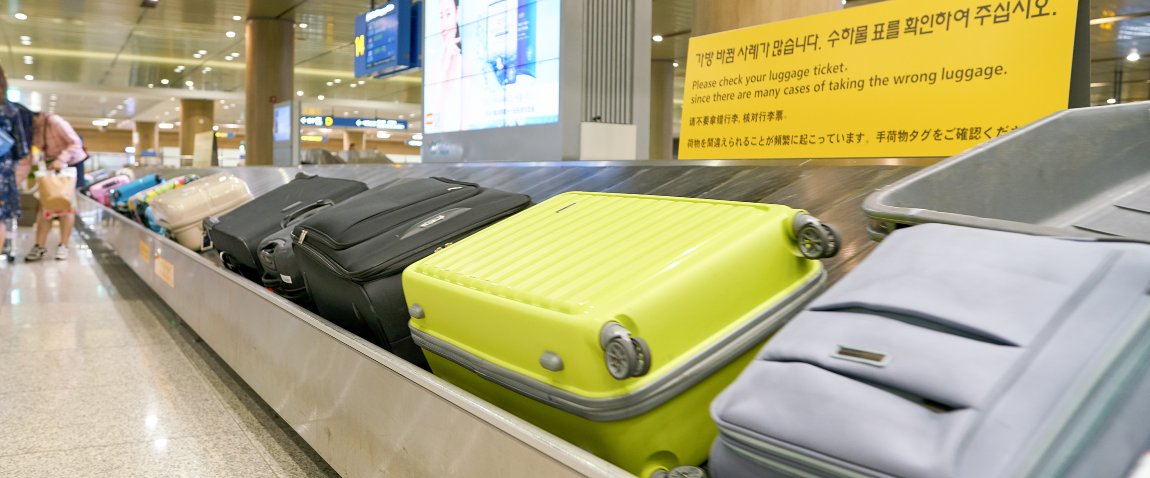
Traveling light is always cheaper. You don't have to pay for checked-in luggage, and also save time on all the procedures in the airport. That is one of the reasons why I usually opt for hand luggage. If you have not planned the content of your bag well then it is common to go over the weight limit of the onboard allowed luggage. It depends on the airline and the staff working in the airport, but in such cases, you will likely have to pay a full airport check-in fee, and it is not cheap. For example, on Ryanair flights, it can be as much as 60 EUR per bag. Just don't waste much money and check the weight of your luggage! For what it matters, definitely check the size of luggage included in your airfare too. Because that is one more extremely common reason why airport staff might want to cash in some bucks from you as well.
Trip cancellation

Well, a few years ago I wouldn't even spend time discussing this. However, nowadays, it is a completely different case, with all the changes and risks associated with the spread of Coronavirus. If you are not a hundred percent sure about the possibility of your trip being affected by any of these aspects, then I might suggest booking flight and accommodation options with a feature of free cancellation. It will save you much stress and lots of money in the unexpected cases of changing travel plans.
Medical expenses
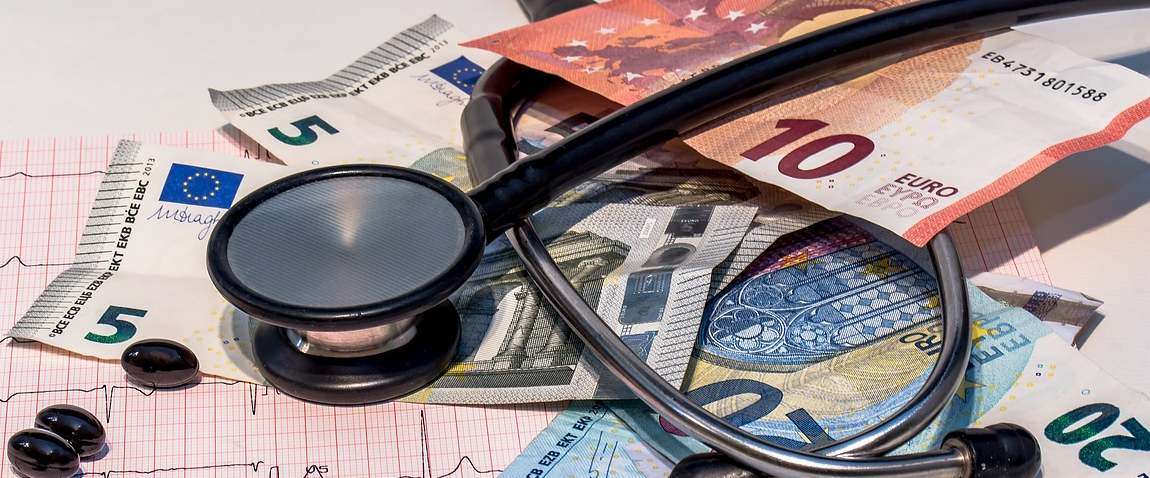
If we are on the topic, let's talk more about everything health-related. The first rule to make sure there is no unnecessary expenditure is bringing your medicines along. If you may need to use some, avoid relying on buying that in the destination country. And the second thing is - buy travel insurance. Even though it is not something that happens during trips very frequently, medical emergencies might still happen. And the worst thing is - since foreigners are usually not included in the national healthcare system, it might cost a fortune even to perform a minor procedure. Getting travel insurance will save you these expenses, and for what it matters - it might also save you spending money in case of lost or damaged luggage, theft, or other unwanted happenings during travel.
Credit/debit card fees
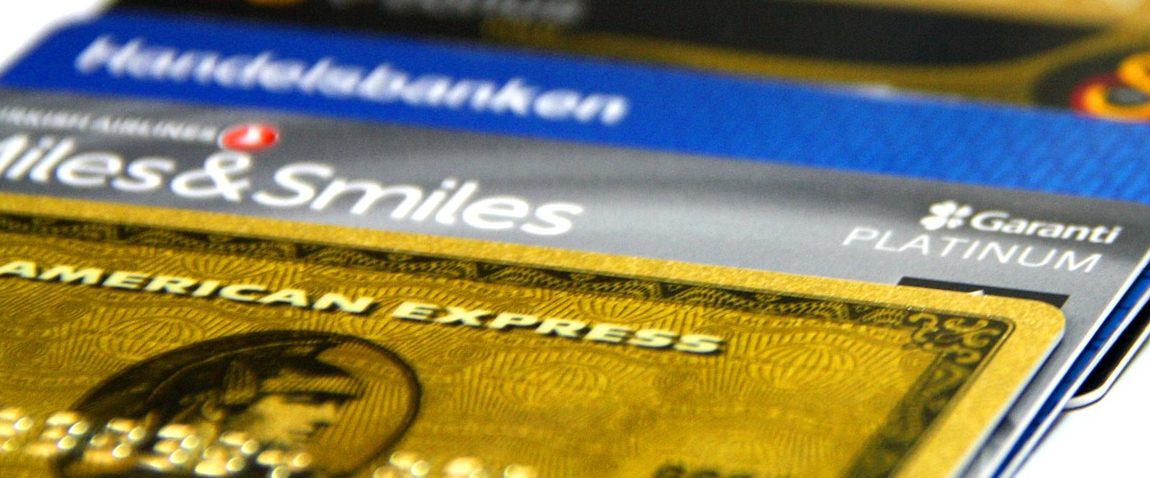
Before departing your own country make sure to read the policy of your credit card company. It is very likely that paying with a card and/or especially cash withdrawal can result in hefty fees. For example, my card company charges 3.50 EUR and sometimes an additional percentage of withdrawn money. To avoid such fees go one of the two ways. Either withdraw money in your home country and take it with you or sign up for a card that doesn't have fees on transactions outside your base country. One of my favorites, for example, is the Revolut card.
Roaming charges

This is quite an annoying one. You go somewhere abroad, someone calls you and suddenly you realize that you have been charged for an incoming call. So disappointing! And let's not even talk about the annoyingly high roaming internet costs. What can you do to avoid this? First, try using as much of free WiFi as possible. Before traveling consult your phone company to see if they might suggest an option to cut these costs (usually, selecting a different temporary plan). If you know that you will need a lot of local calling in your destination, just buy a local SIM card and plan your communications around to their fees.
Cab fees

While usually, taxis are not a means of transportation that you would choose if you want cheap travel, they are actually quite affordable in some countries. And in some cases - just necessary (like, in the middle of the night). The risky part with taxis is that if you don't have a set price for the ride, many drivers like to rip off foreigners, and this is an unexpected cost you don't want to experience. First, try apps like Uber that will give you a fixed price based on the route already before the trip. Secondly, if this is not possible - agree on the price with a driver before starting the trip. And thirdly, to save even more money, just check out some public transportation options!
Visa fees
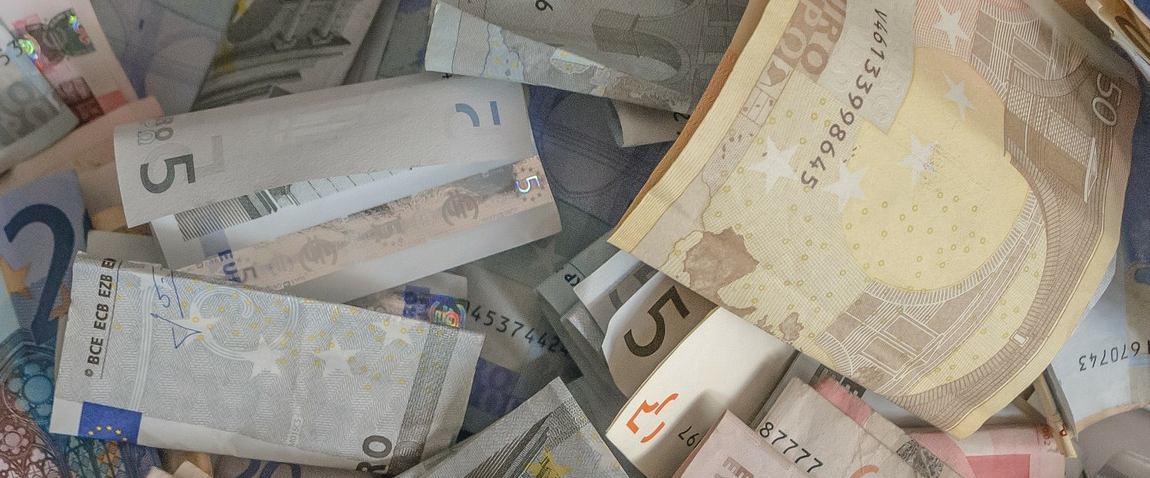
Okay, visa fees are not something you can avoid completely, but there are a few things to keep in mind if you don't want unexpected fees to occur while arranging basic documents for entering a country. First, consider hiring an online visa services company if the process of obtaining a particular visa is complicated or you are a novice in this field. Yes, you might pay a small fee for them to do it, but using such visa services you will save yourself time as well as unnecessary expenses in sending, preparing, and obtaining a visa. The second thing you should ensure is that there are no unexpected fees that travelers have to pay upon arrival or departure from the country (yes, that's a thing). You won't avoid these, but make sure to research and put them on your travel expenses list.
What tools can I use to keep my expenses intact?
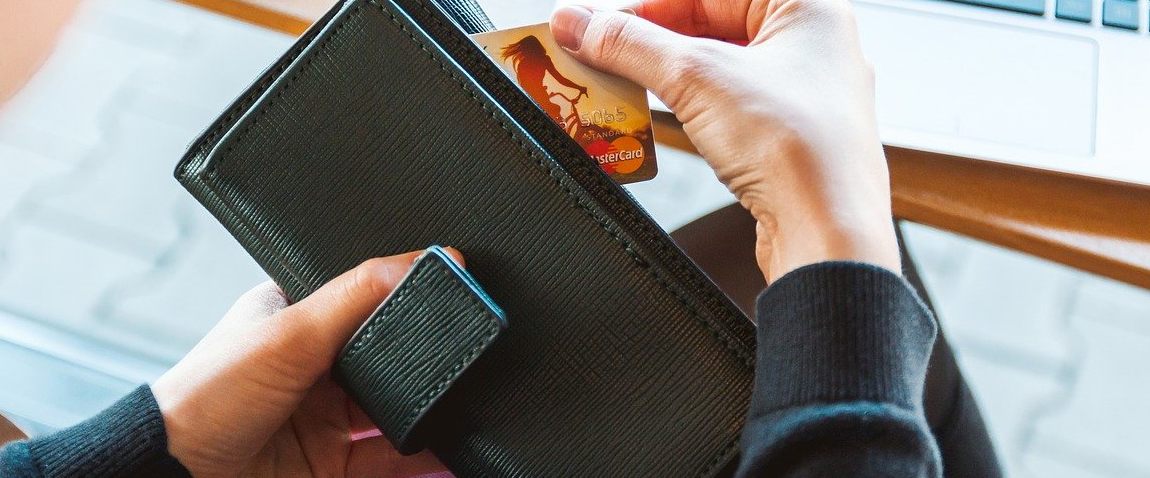
Surely, many more unexpected things might affect the thickness of your wallet, but most of them can become "very well expected" if you do a little research ahead. This is why the simplest tool that even a person with no IT skills can handle is a travel expenses list. Find all the expenses that might incur, put them on a list and follow it tightly during your trip to stay within your budget.
If you are more in tune with the modern technologies then go for some of the travel expenses apps like Tripcoin, TrabeePocket, or Tricount (great for group travel) that will do exactly that and way more. Entering all the money spent during a trip in real-time will help to stay in control of everything finance-related. If you are traveling for work and need to account for expenses for your company, these apps will also be very useful. They will help match the actual spendings with the ones generated in your company's (or national) travel expense calculator.
To wrap this up I will repeat - research and planning are the keys. Knowing what are travel expenses which might go out of hand will be the most crucial element to staying within the budget. And the second thing - using smart tools like travel expense apps will save you the hassle and unwanted surprises. With that said, I truly hope that the information from this post will help you immensely during your travels!

